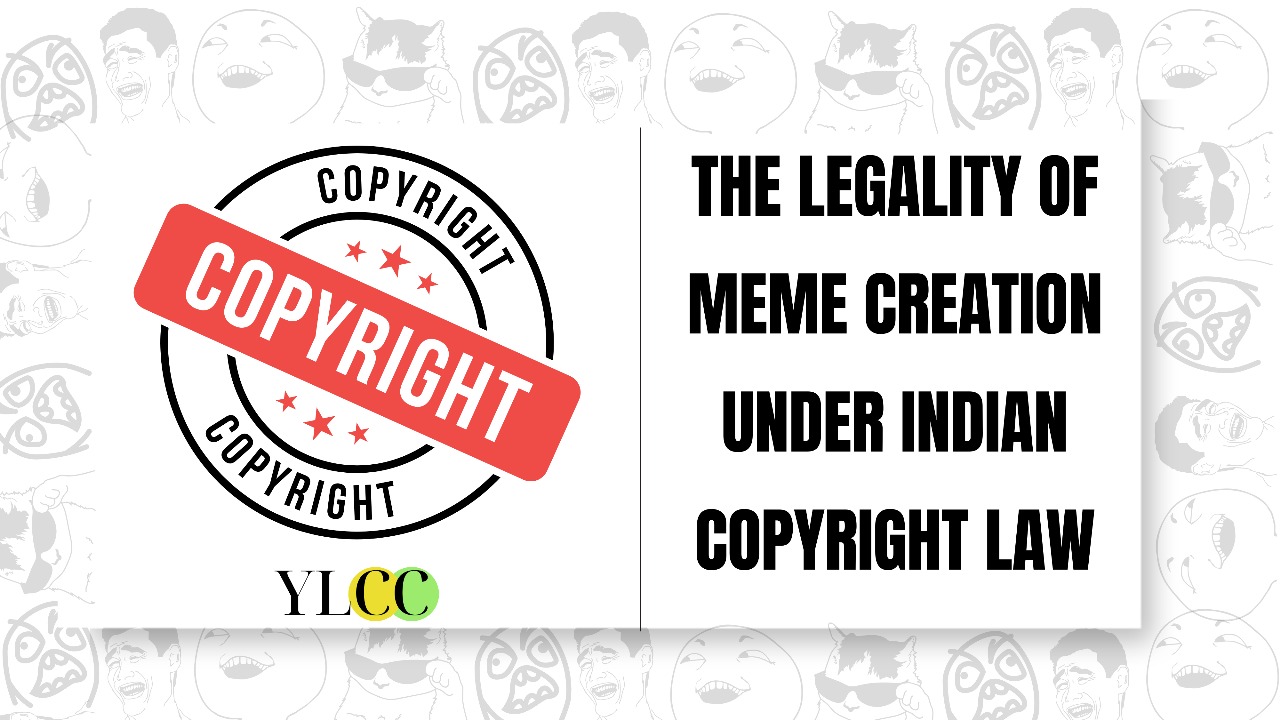
INTRODUCTION
The Competition Commission of India (CCI) was established by Section 7 of the Competition Act, 2002 in order to maintain healthy competition in the market by enforcing the Competition act. The CCI looks into matters that where there are suspicions of anti-competitive practices. The CCI also plays a major role in protecting the rights of the consumer as the company who has the dominant position can easily use their position to exploit their consumers. The CCI has the authority to fine an organization and direct then to change their anti-competitive or anti-consumer practices. The CCI acts as an authority that enforces the rules that have been established in the Competition act.
The CCI is made up of a chairman and must consist of 2 to 6 other members all of whom are appointed by the Central Government.[1] The current chairman of the CCI is Ashok Kumar Gupta and the other 2 members are Dr Sangeeta Verma and Bhagwant Singh Bishnoi.
POWERS OF THE COMPETITION COMMISSION OF INDIA
In order to promote and maintain competition in the market and protected the interests of the consumers the CCI has been provided many powers by the Competition act. According to Section 19, the CCI has the authority to inquire into agreements that are made by any enterprise in order to abuse their dominant position in the market. Such agreements include agreements determine the sales or purchase price of a product or a service, agreements that forbid the manufacturer to supply goods to other parties, agreements that create barriers on the entry for new players in the market, driving out existing players in the market etc.. The CCI can inquire into such matters through their own volition or someone can report such matters which then can be enquired by the CCI. If the CCI suspects that there are any agreements taking place then they have the right to review such agreements and then take appropriate actions accordingly. There have been many landmark cases in which the Competition Commission has exercised their powers in order to maintain competition and protect the rights of the consumers. For example, in 2014, 14 car companies colluded together in order to hamper the ability of the users and independent repair shops to repair and maintain their cars. The Competition Commission of India fined the companies Rs. 2544 crore for this as the companies as they had an agreement which were affecting the rights of the consumers and were trying to manipulate their customers. The CCI observed that the OEMs have dominance over the manufacturing of the spare parts, and parts made by other manufacturers cannot be used in their cars because of their technical specificity.[2]
The CCI also provides approval for mergers and acquisitions that may lead to formation of a monopoly or puts a company in a dominant position. The CCI also intervened in the Amazon and Future Group deal where Amazon was trying to acquire the Future Group. Initially the deal had been granted approval by the CCI, but there were aspects if the deals that were either not disclosed or misrepresented by Amazon, on reviewing the same the CCI revoked their approval and fined Amazon with Rs. 200 crores for concealing the real aspects of the deal. This power was provided to the CCI under Chapter VI of the act.[3]
The CCI also has the right to make regulations that are consistent the rules that are established in the Competition act, Section 64[4] gives the commission the power to do the same. If there are any regulation that the CCI thinks that should be introduced then they can present the same in the Parliament. The regulations can be modified by both the houses, and the regulations must be approved within 2 successive sessions by both the houses in order for them to become enforceable. Any modifications made to the regulations must not invalidate any pervious regulations.[5] For example, the CCI introduced The Competition Commission of India (Determination of Cost of Production) Regulations, 2009[6] so that the CCI can easily determine the cost of production while evaluating whether an enterprise in violating the Competition act.
FUNCTIONS OF THE COMPETITION COMMISSION OF INDIA
The functions of the Competition Commission are laid down in Section 18 of the act. According to the section, the CCI has the duty to eliminate any anti-competitive practices that any enterprise may engage in, this is done in order to promote and sustain competition in the Indian market. The commission also has the duty to protect the interests of the consumers and they are not exploited by the enterprise that have dominance in the market. The CCI also has the obligation to follow the laws of natural justice and in order to maintain the integrity of the market and the rights of the consumer. The CCI not only keeps track of the activities of large multinational companies but also of traders that might use their positions in the market to manipulate the market. For example, in 2010 CCI investigated players in the onion market when the prices reached to Rs. 80 in order to determine whether cartels had been formed by the traders to inflate the price.[7]
CONCLUSION
The Competition Commission of India play a vital role in maintaining the integrity of the market by regulating the acts of the players that are involved. The powers of the commission are provided to it by the Competition Act, 2002. The CCI by regulating the market the commission protects the consumers from an enterprise or enterprises that may use their standing in the market to either charge exorbitant for their products or make the customers need to buy their products again and again. In the above case the car companies worked together in order to make their cars less repairable so that the customers would leave their older cars and buy newer cars instead of repairing their old one. These practices are clearly anti-consumer as they were trying to exploit their customers by not providing them with parts and basic services in order to maintain their vehicles. This case just shows that what an important role the CCI plays in order to maintain the integrity of the market.
[1] Section 8, Competition Act, 2002.
[2] Aman Malik, Competition panel fines 14 car makers Rs2,554 crore, mint (2014), https://www.livemint.com/Companies/l7xoA5HRji17Rv2yRLxaHK/CCI-imposes-Rs2554-crore-penalty-on-14-car-makers.html (last visited Apr 3, 2022).
[3] Competition Act, 2002, supra note 1.
[4] Id.
[5] Section 64(3), Id.
[6] The Competition Commission of India (Determination of Cost of Production) Regulations, 2009.
[7] Competition panel to probe hoarding, onion price rigging, Hindustan Times (2013), https://www.hindustantimes.com/business/competition-panel-to-probe-hoarding-onion-price-rigging/story-c5zMrI4WrRuBOc9F06Qp6O.html (last visited Apr 3, 2022).







